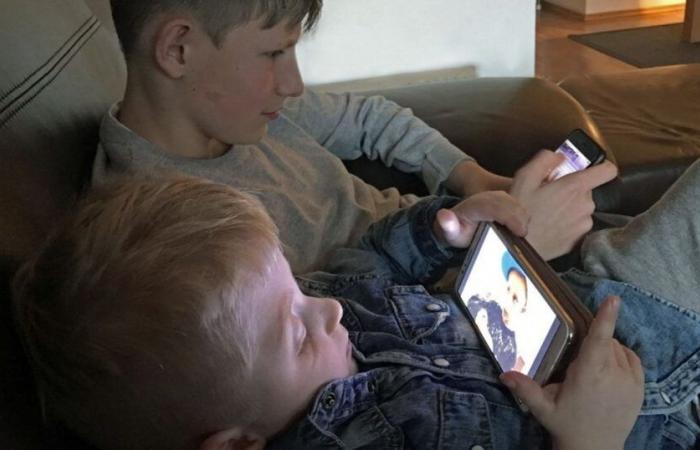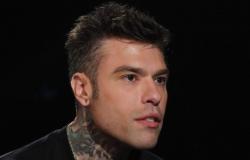
AGI – Smartphones and social media they are mostly responsible for the current situation explosion of mental health problems among young peoplei.e., limiting its use below certain ages, indicated as 14 for smartphones and 16 for social media, can have a positive effect on reversing or slowing the problem. Jonathan Haidt says so in his new book “The Anxious Generation: How the Great Rewiring of Childhood Is Causing an Epidemic of Mental Illness”.
Social psychologist from the Stern School of Business at New York University, Haidt has the merit of dealing with current issues, capturing the attention of public opinion and, sometimes, shaping their thinking. Just this week, Haidt proposed the introduction of notices on social platforms warning parents of the potential risks of social media on their children’s mental health, an initiative not welcomed by Big Tech. Haidt’s book, opposed by colleagueswho dispute that its strong claims have no scientific basis, reached millions of people, ranking at the top of the New York Times best-seller list for weeks.
Furthermore, the book has been widely cited by the main media, while the criticisms and conflicting data appeared mostly in scientific journals. The most aggressive criticism of Haidt’s book was published in Nature by Candice Odgers, a psychologist expert in adolescent mental health. “People don’t object because the moral panic and fear around this issue has reached a very high level,” said Odgers, who disputed Haidt’s suggestion that phone-based childhood has taken the place of play-based childhoodidentifying this as the primary cause of the international epidemic of mental illness among adolescents.
Meanwhile, the US National Academies of Sciences, Engineering and Medicine, NASEM, released a report stating that “available research linking social media to mental health shows modest effects and weak associations” . Contrary to the current cultural narrative that social media is universally harmful to teens, the reality appears to be more complicated. The NASEM committee met with Haidt, but said that “after careful reflection and review of the published literature, the committee reached more measured conclusions.” “What we need to do is help children of all ages use these powerful tools in healthy ways, smart and kind,” Michael Rich, a pediatrician at Boston Children’s Hospital, agreed and told PBS NewsHour.
Throughout the history of science and often during the COVID-19 pandemic, public trust in science has been undermined when scientists on large public platforms have not been clear that their beliefs are based on science that is and remains in evolution. With the Surgeon General’s recommendation and Big Tech’s inevitable reaction, the controversy will only intensify. To understand whether social media is really harmful and could be the cause of mental health problems, not only more in-depth research will be necessary, but also greater attention in disseminating data to the public.





